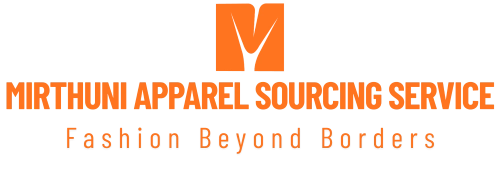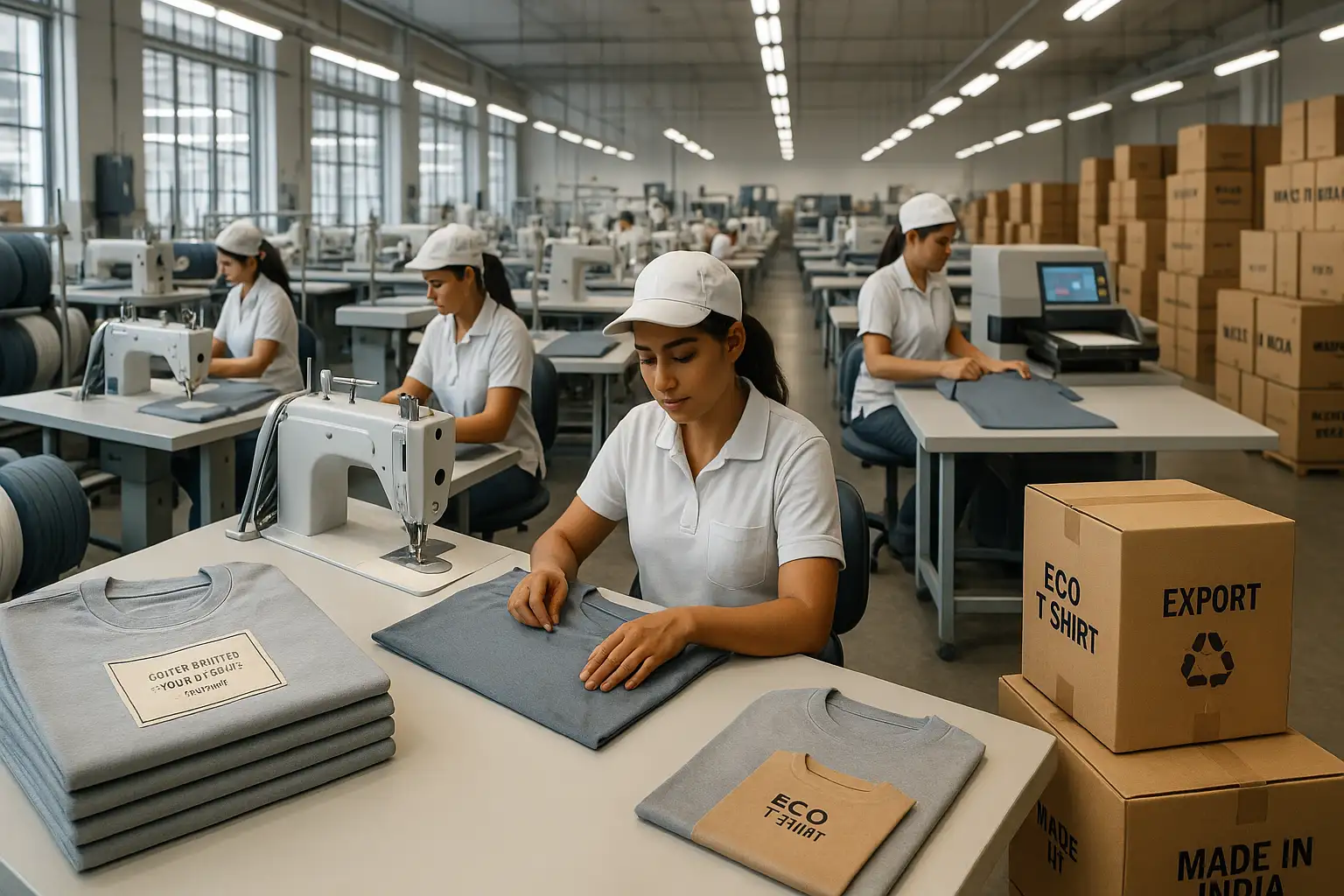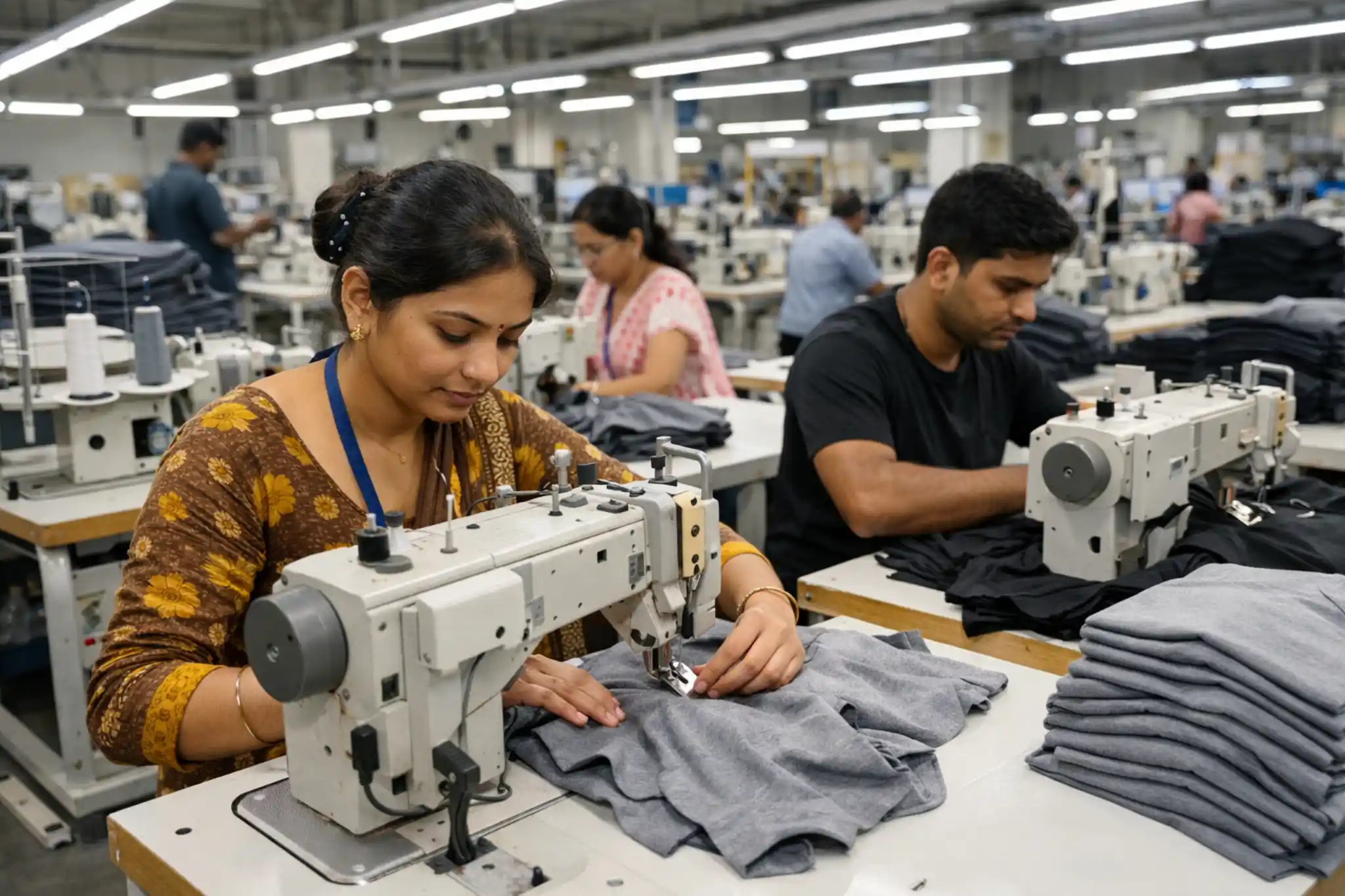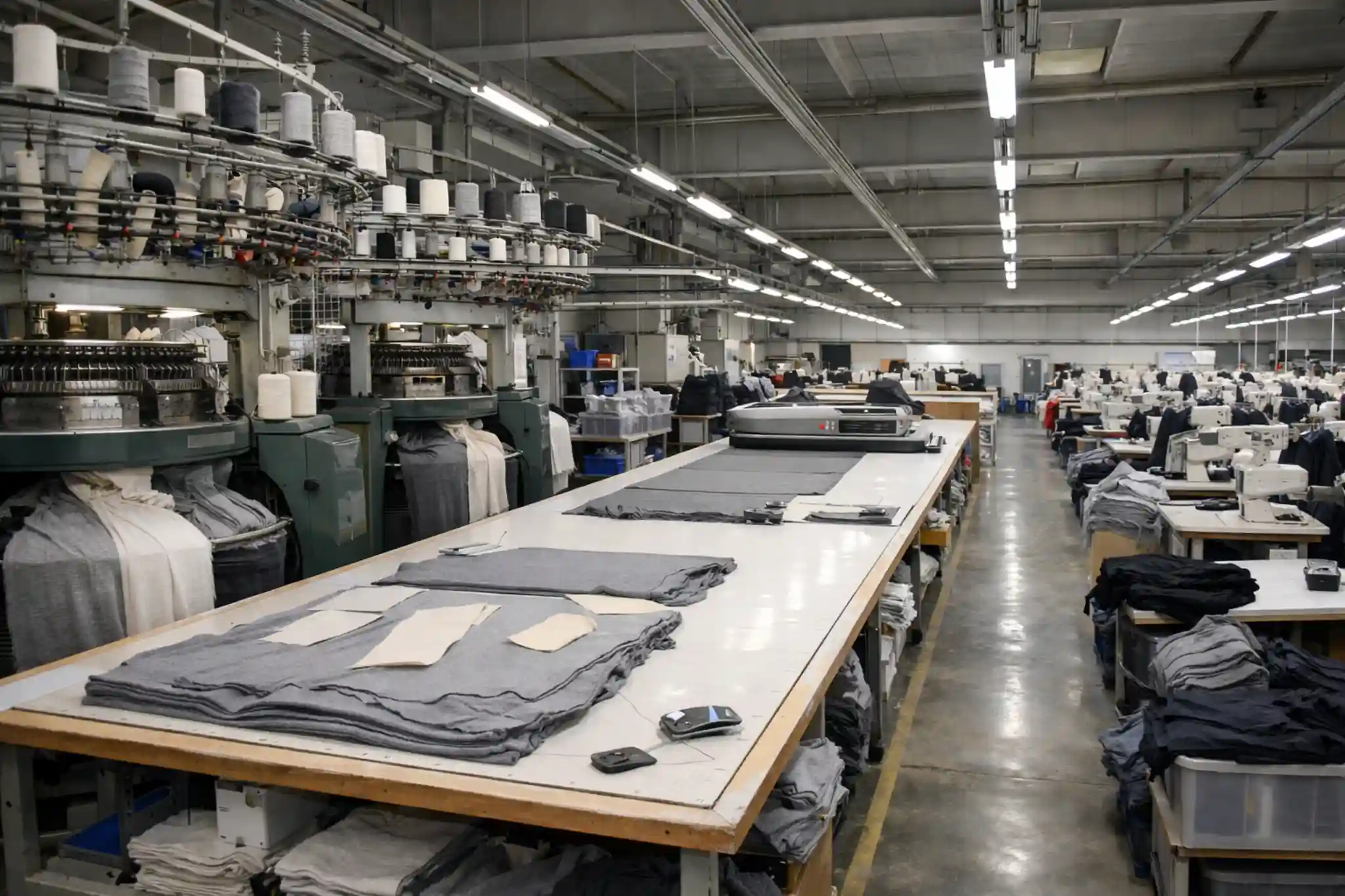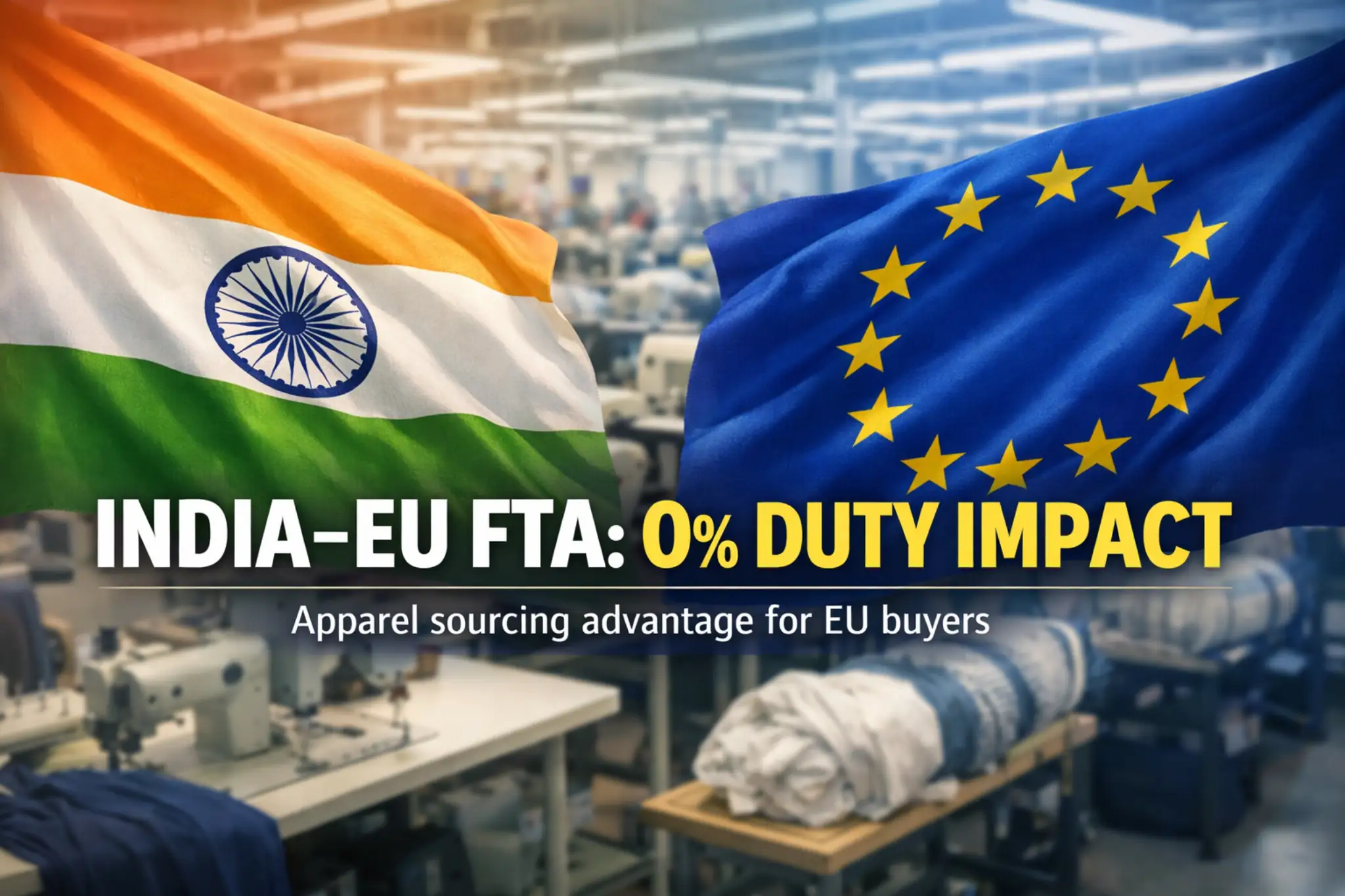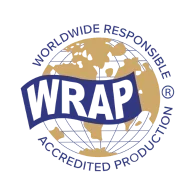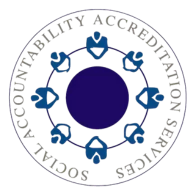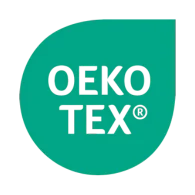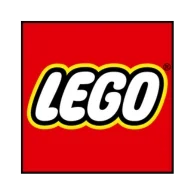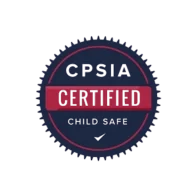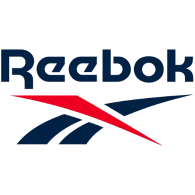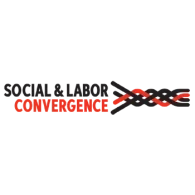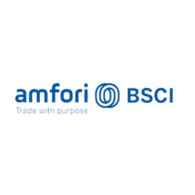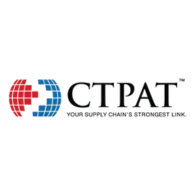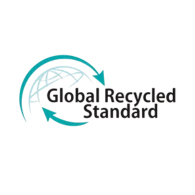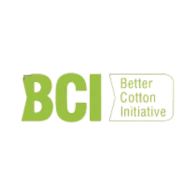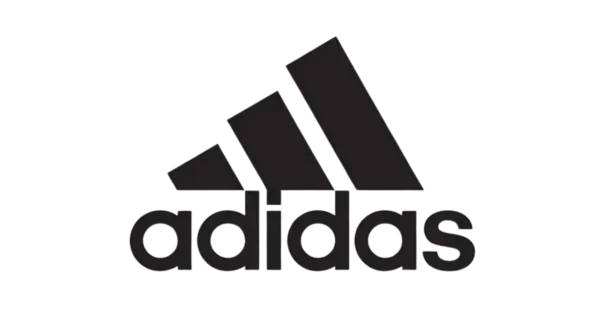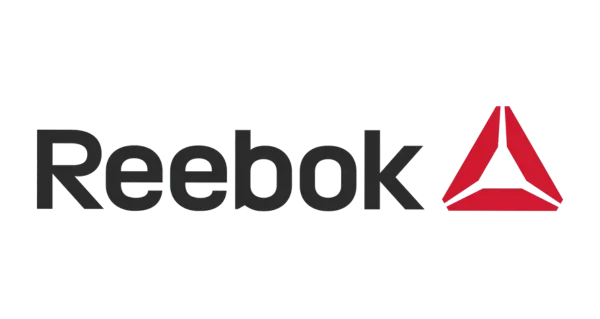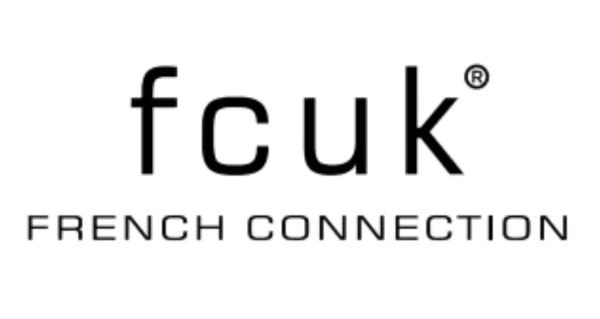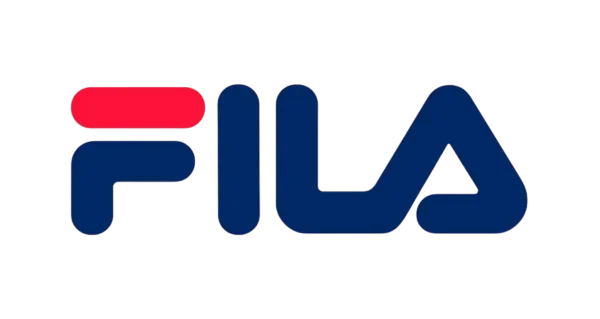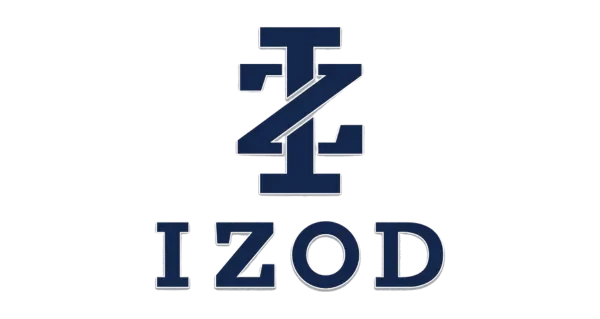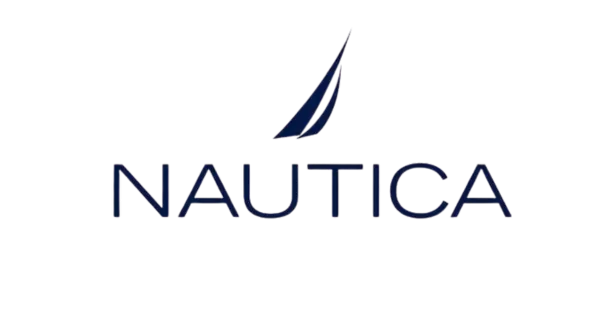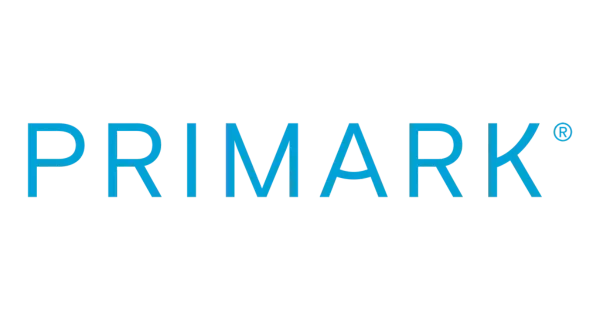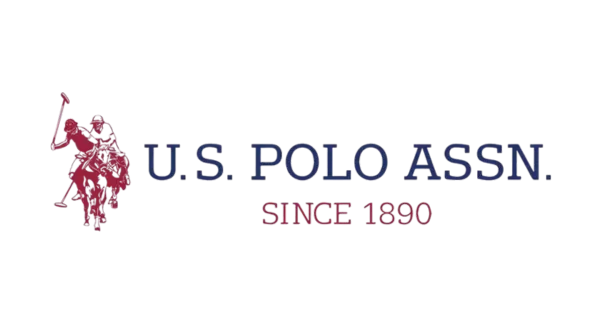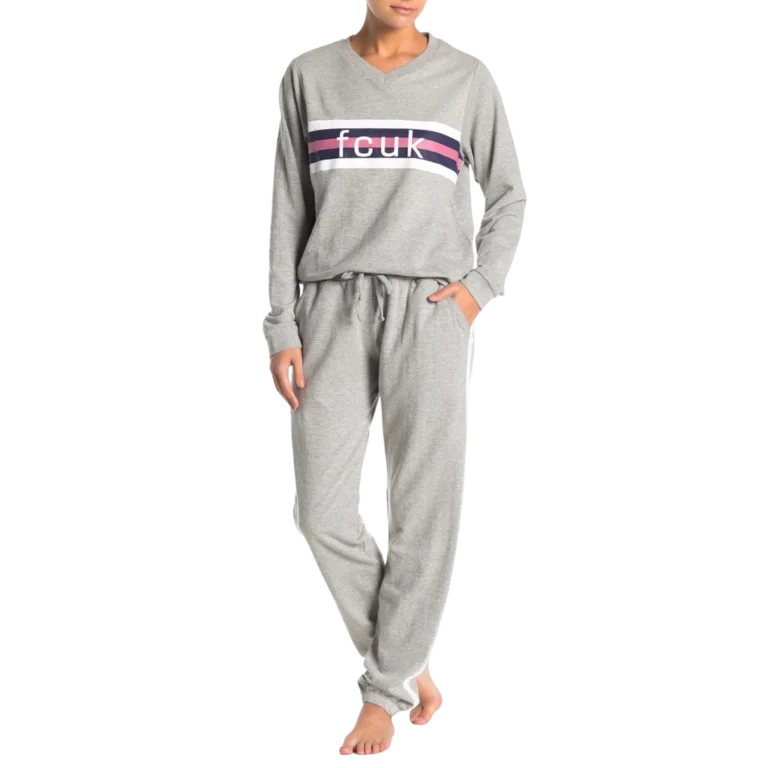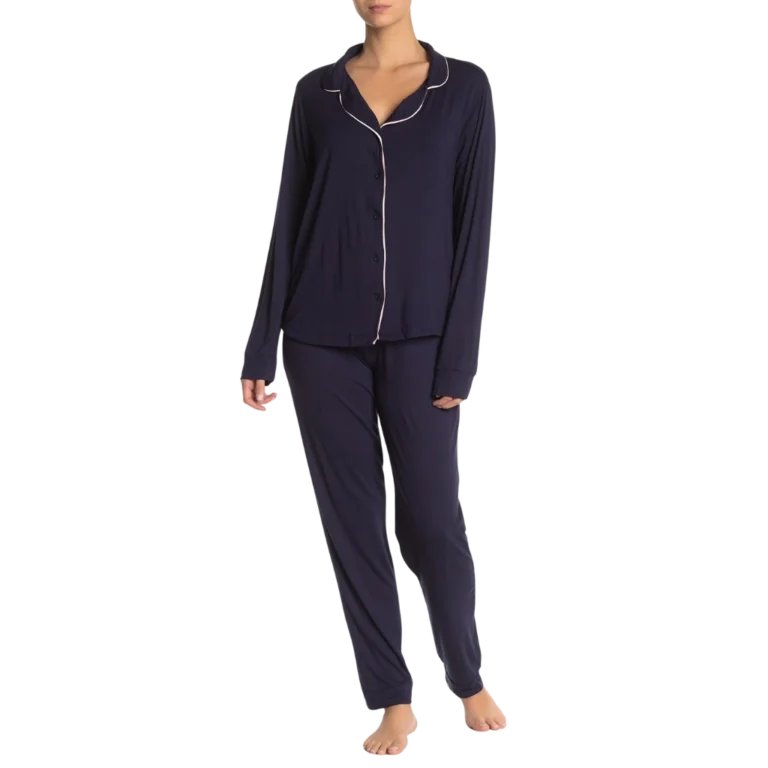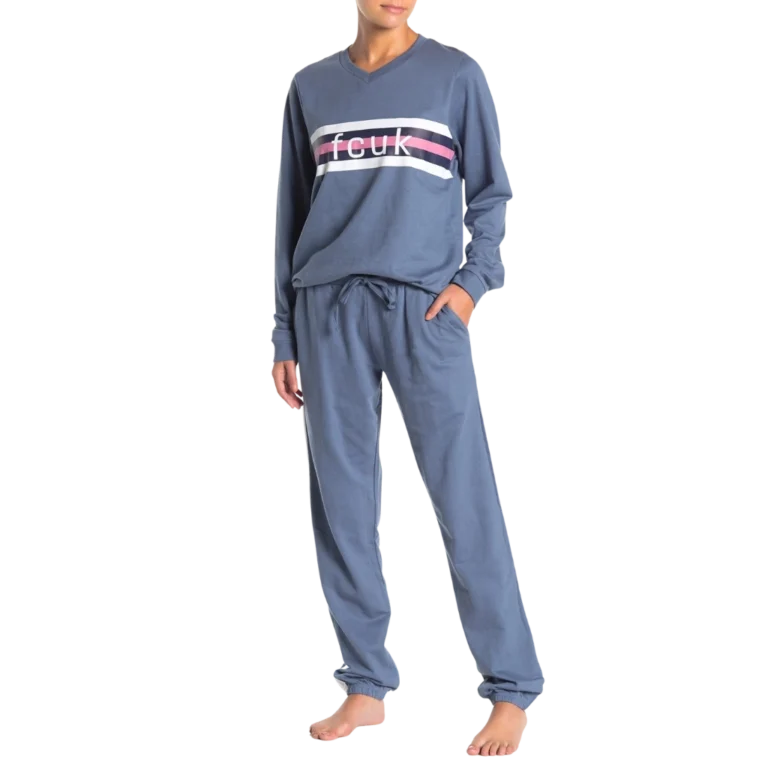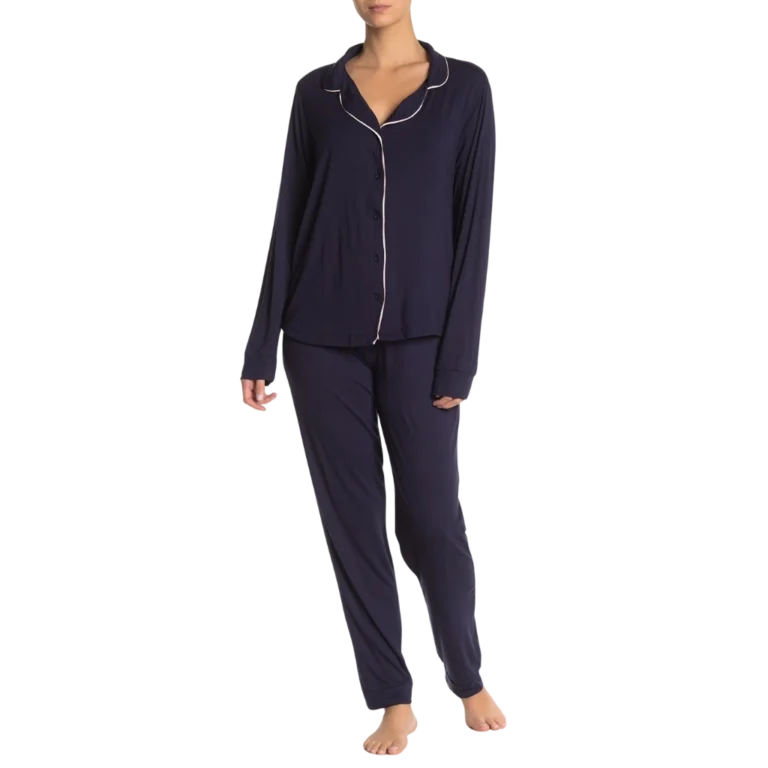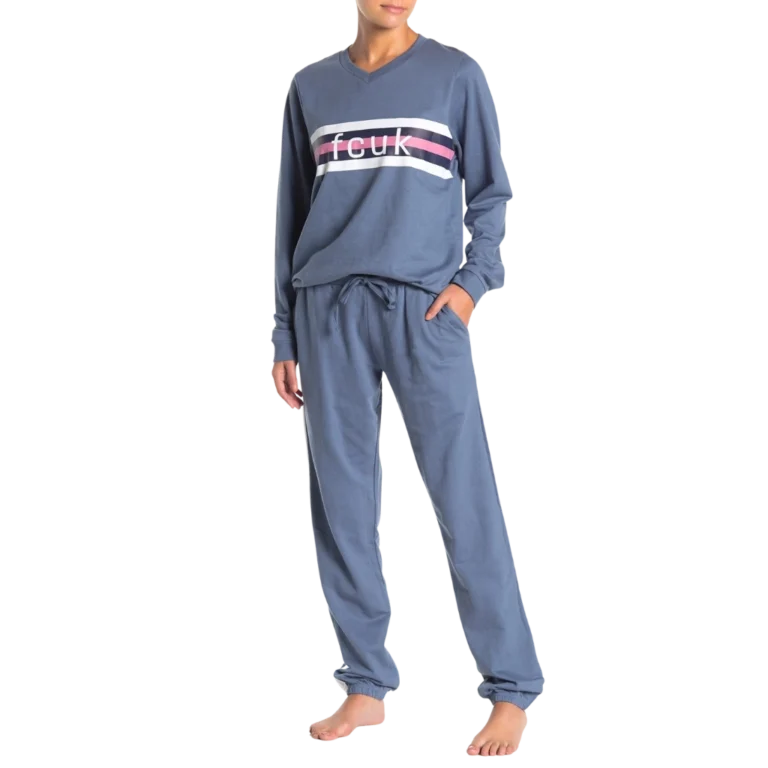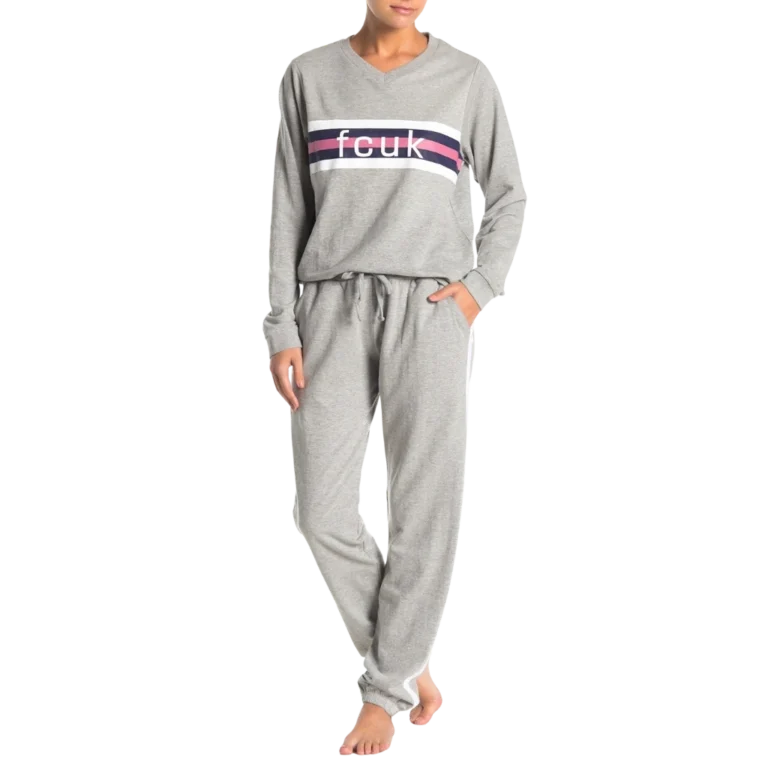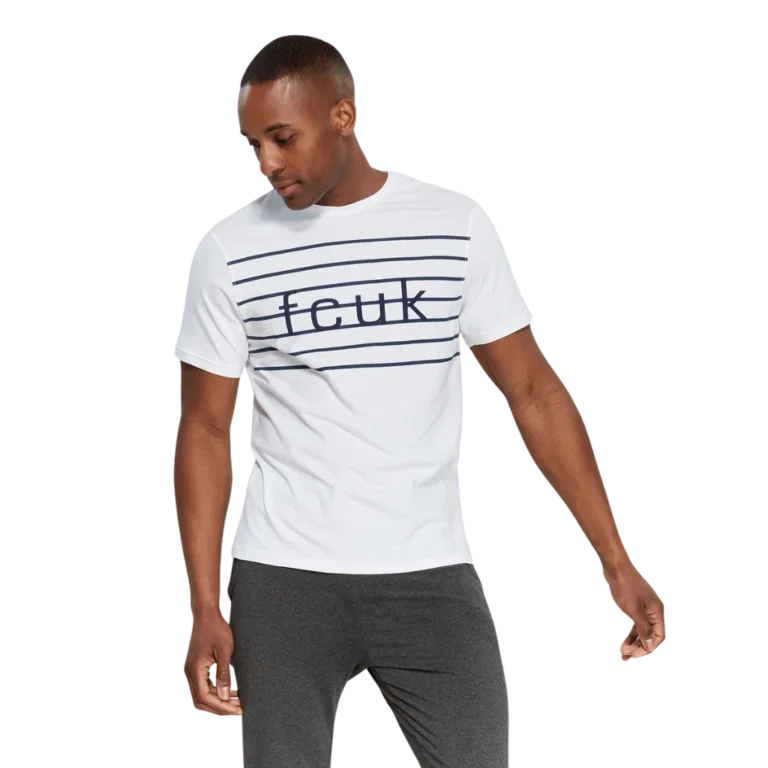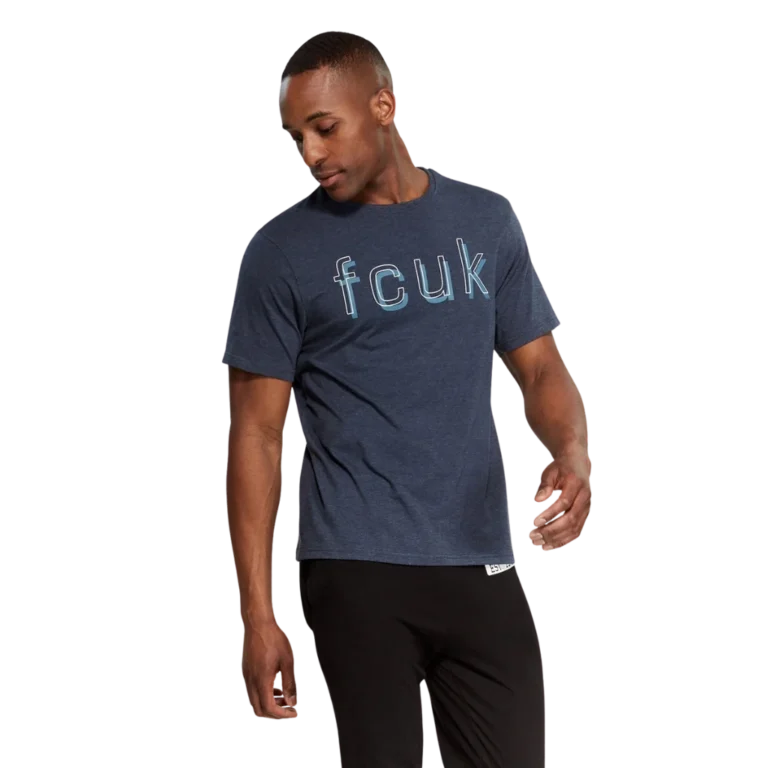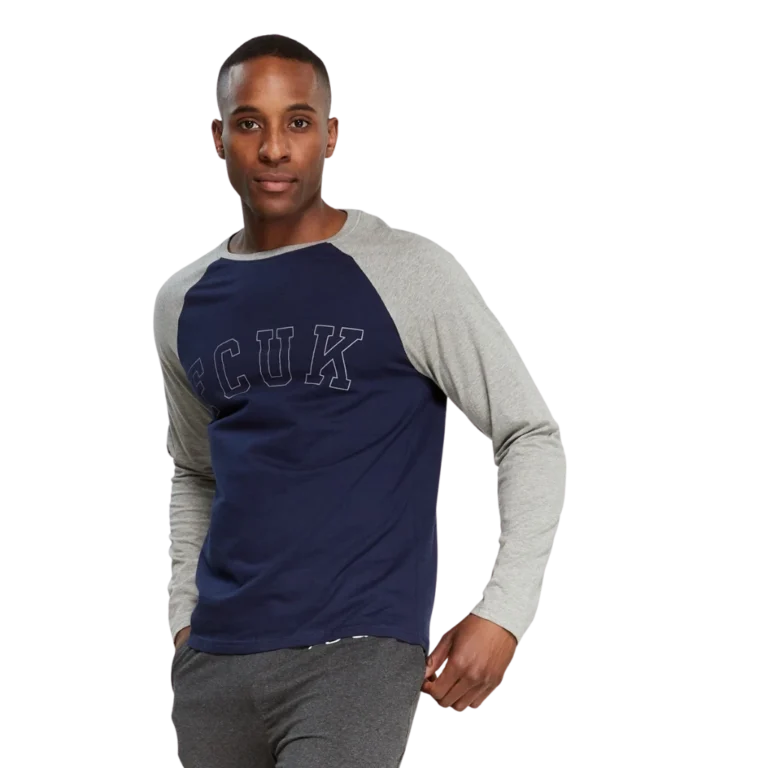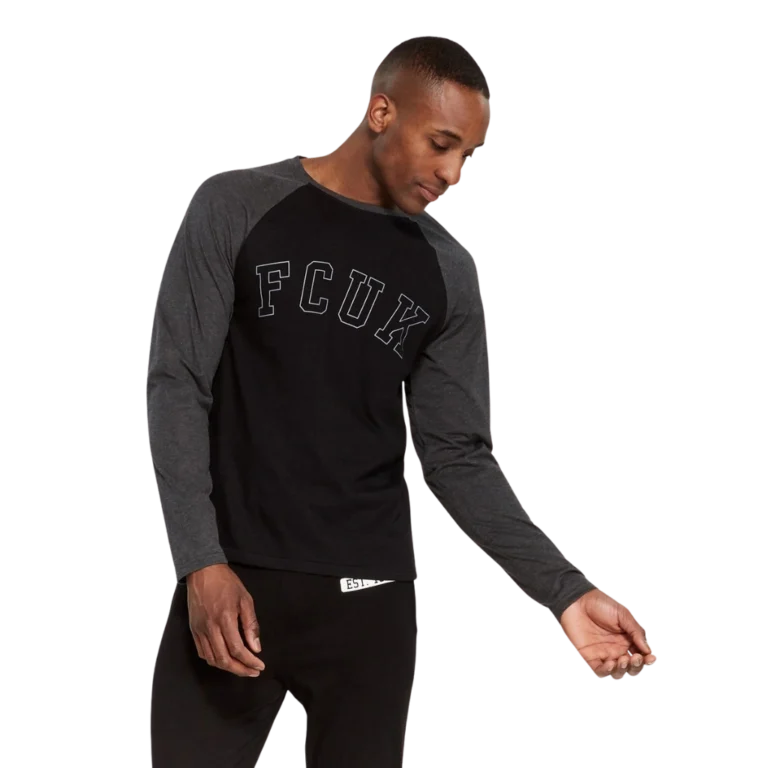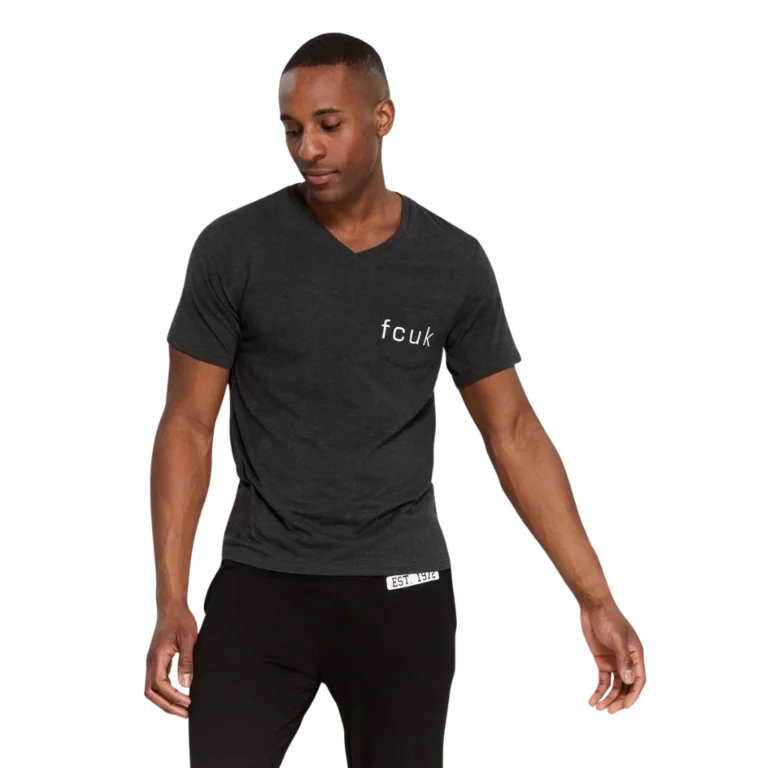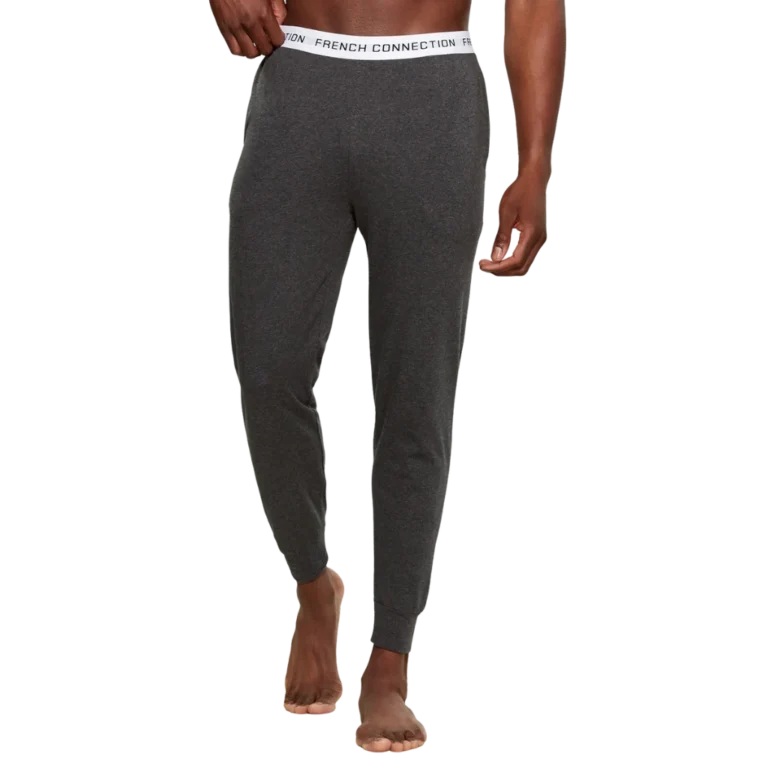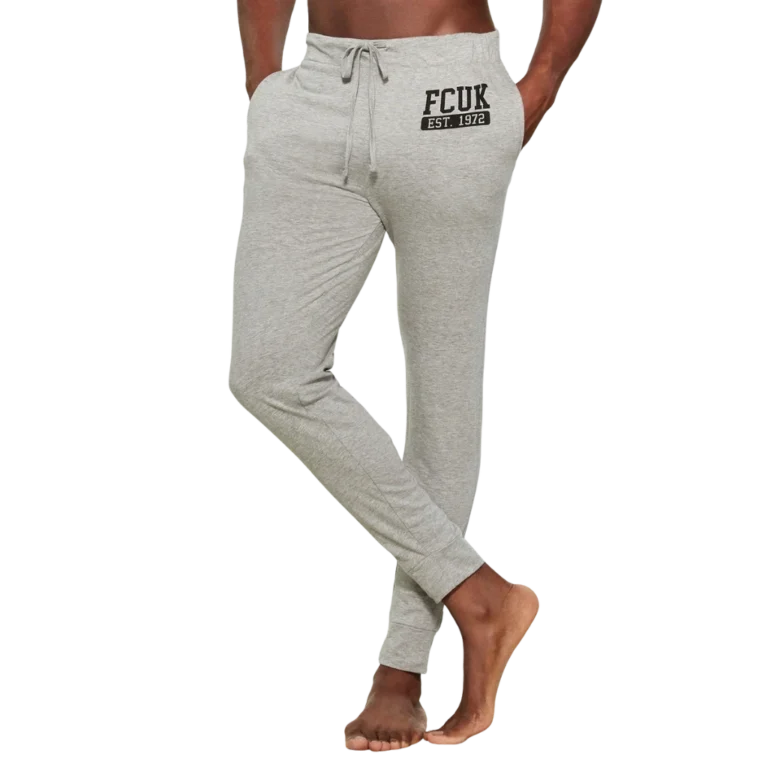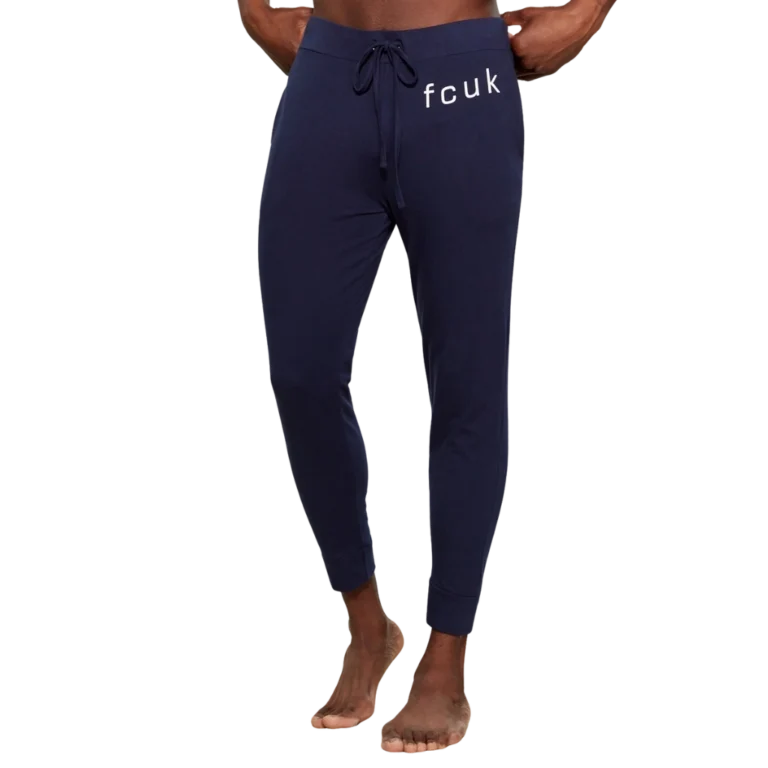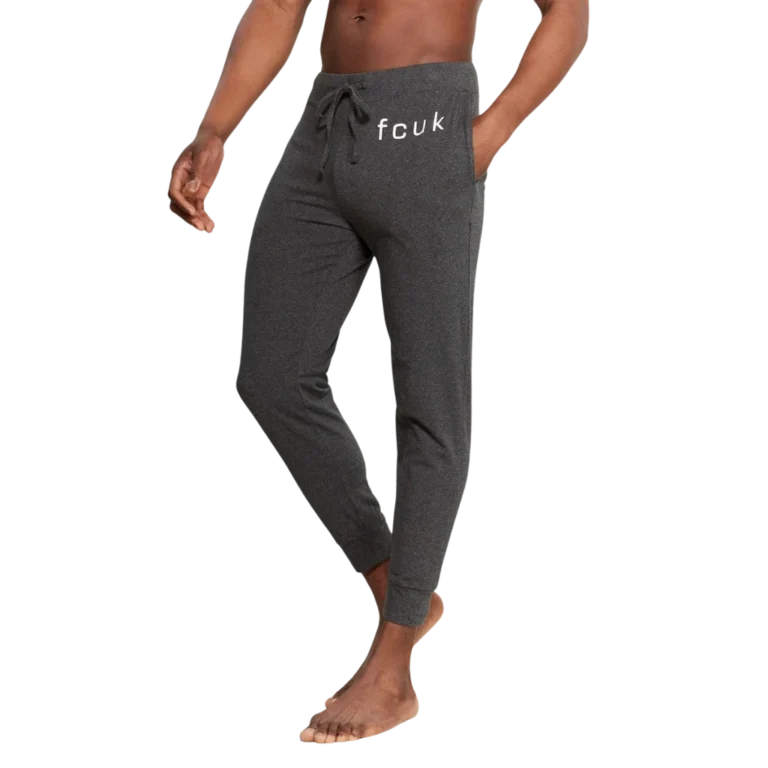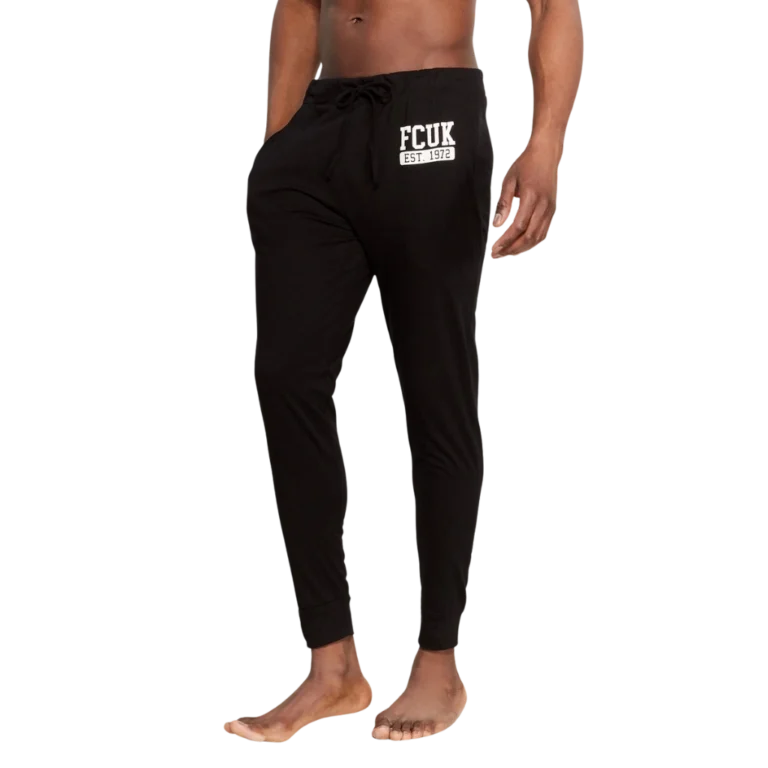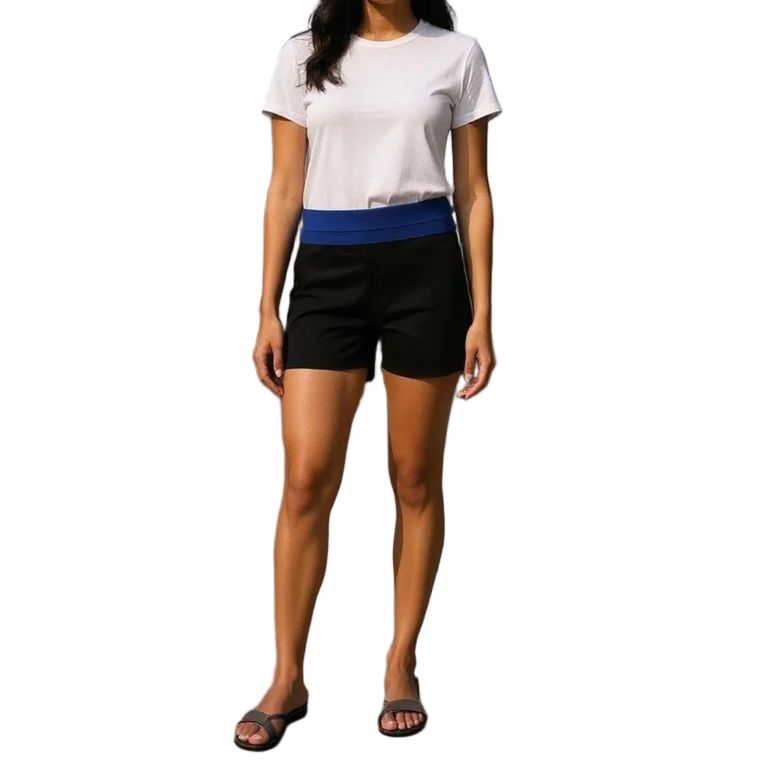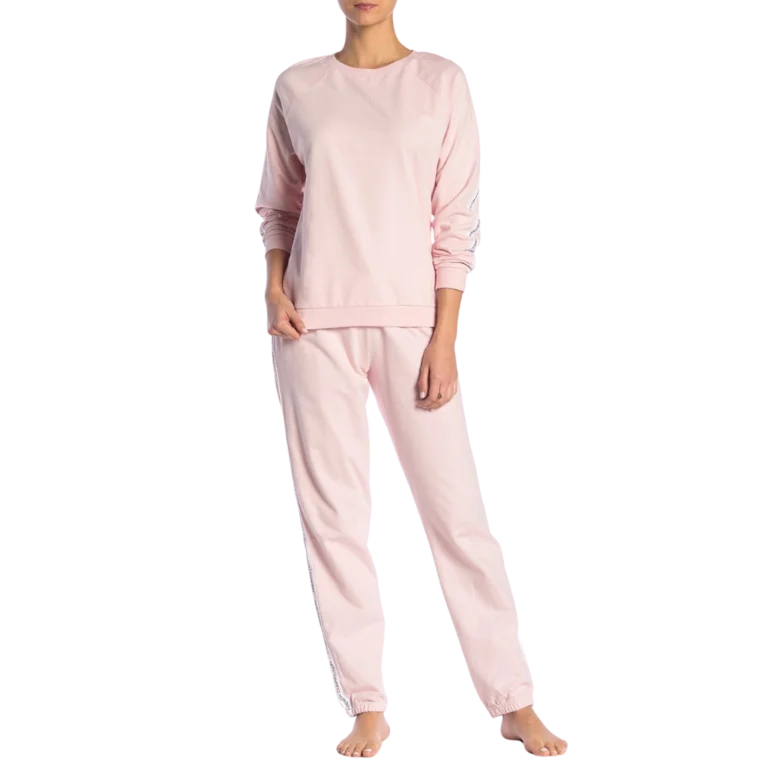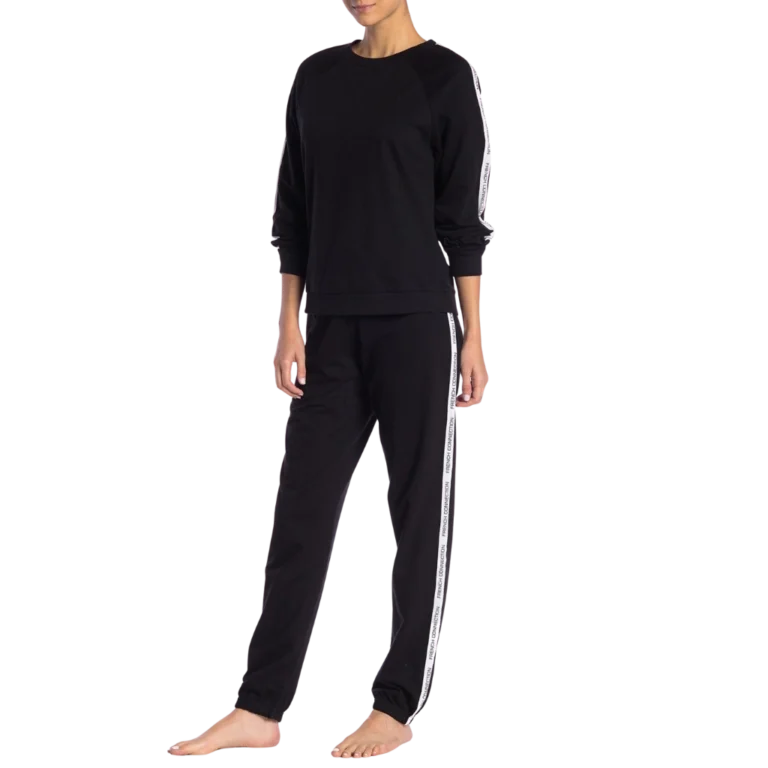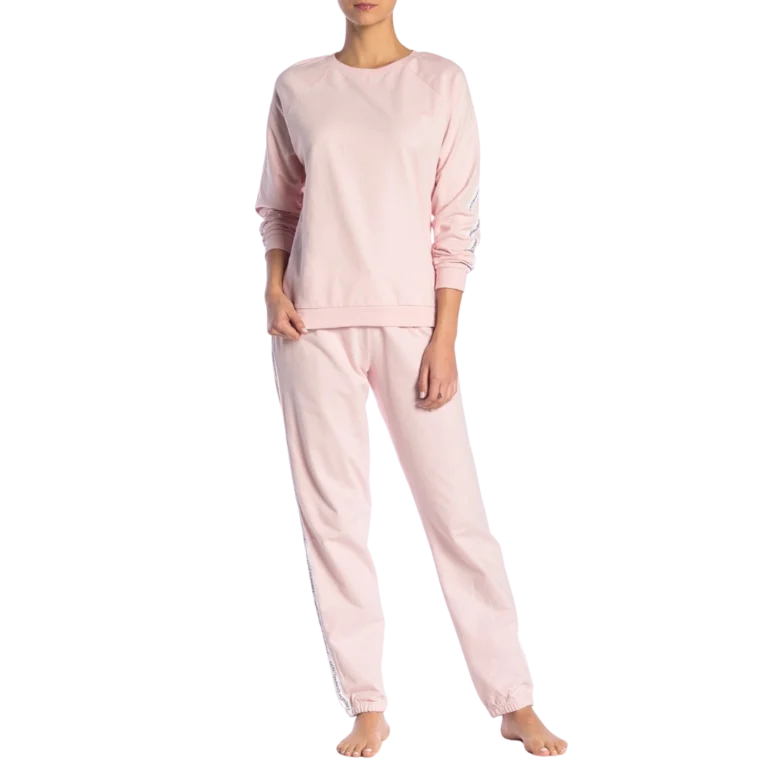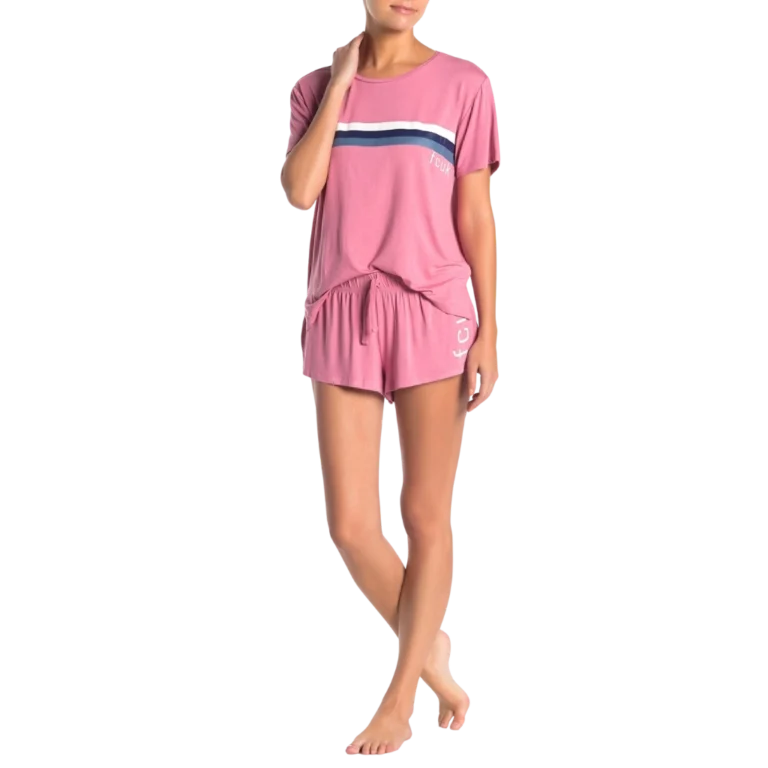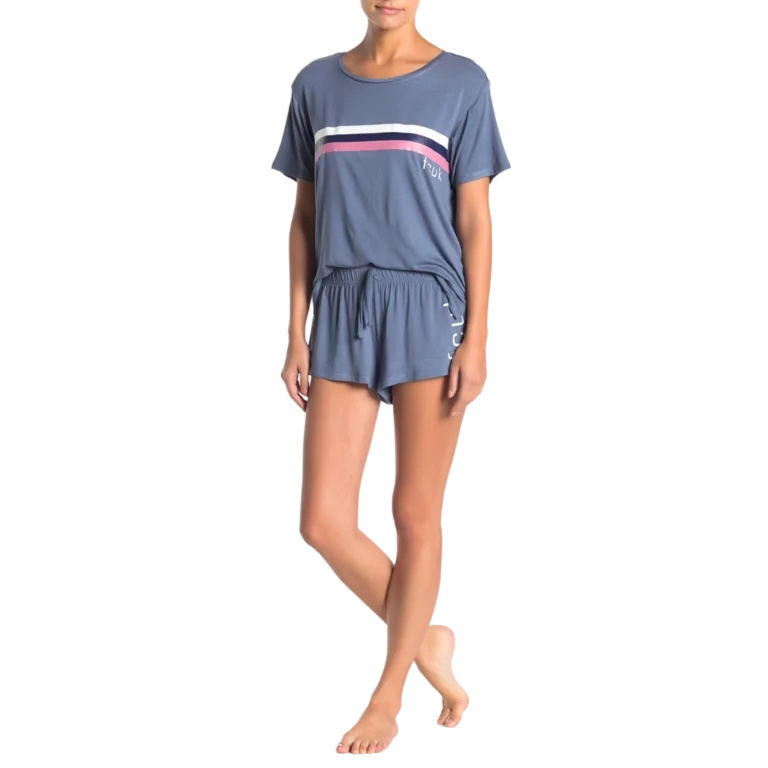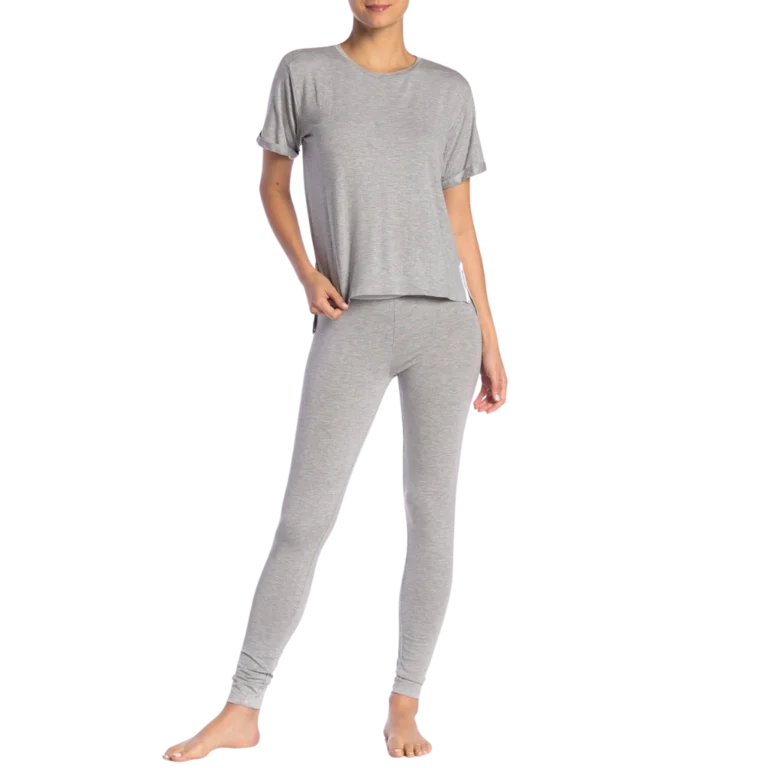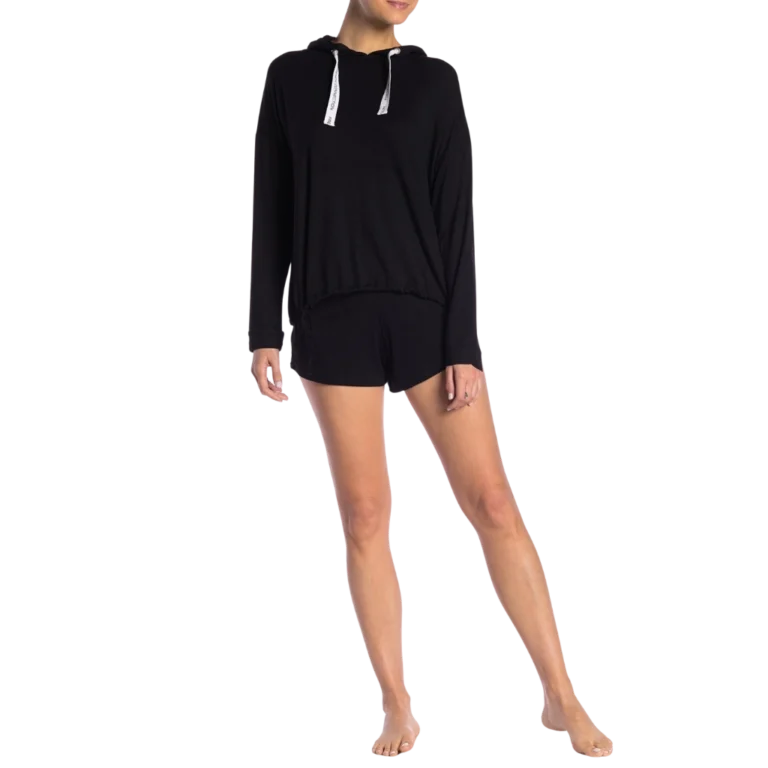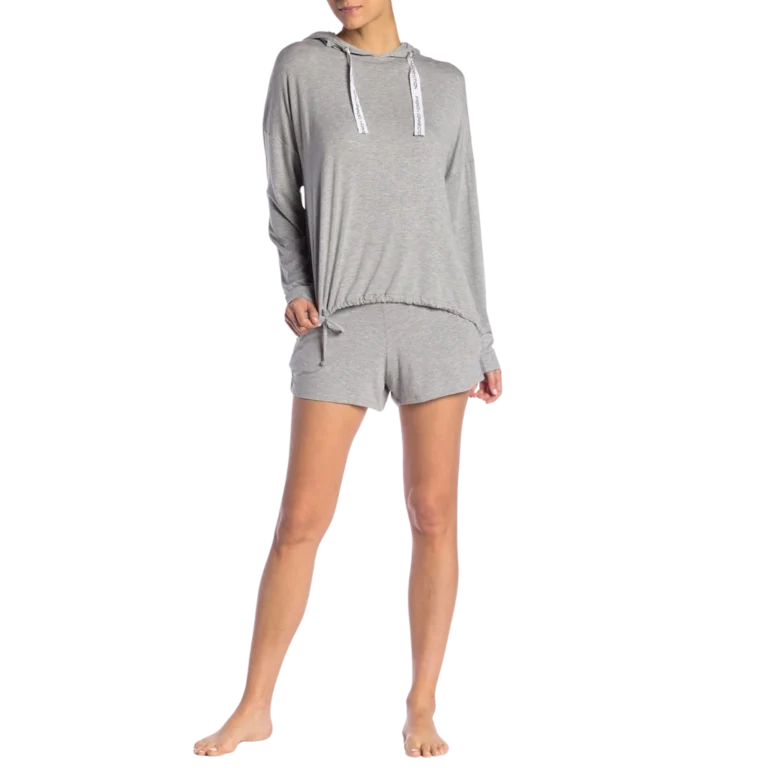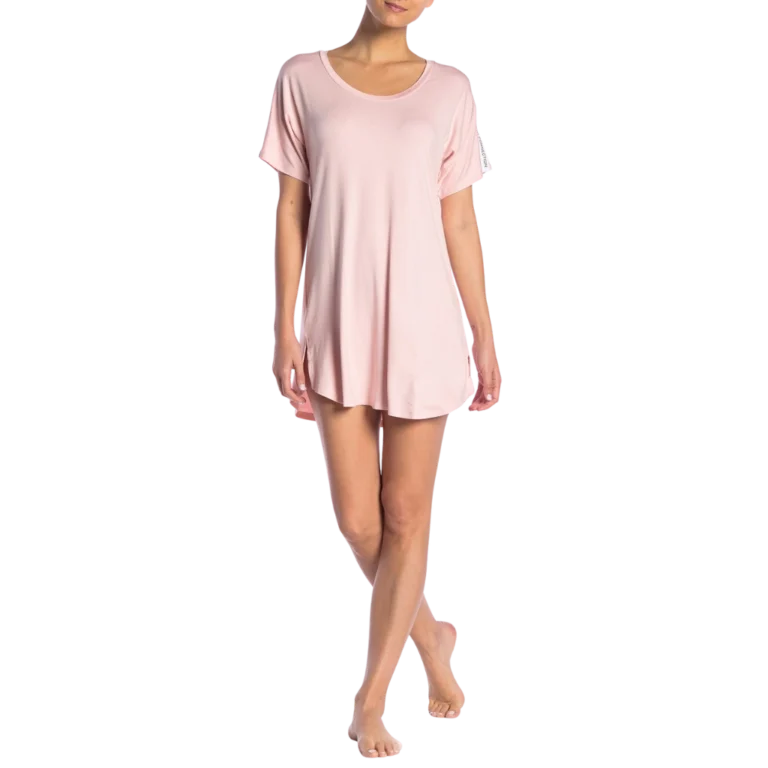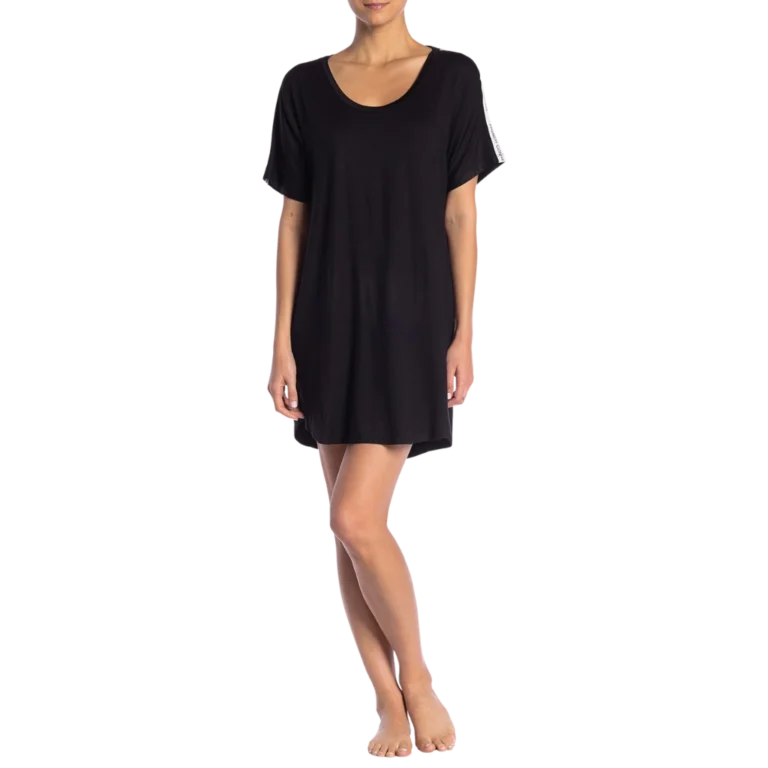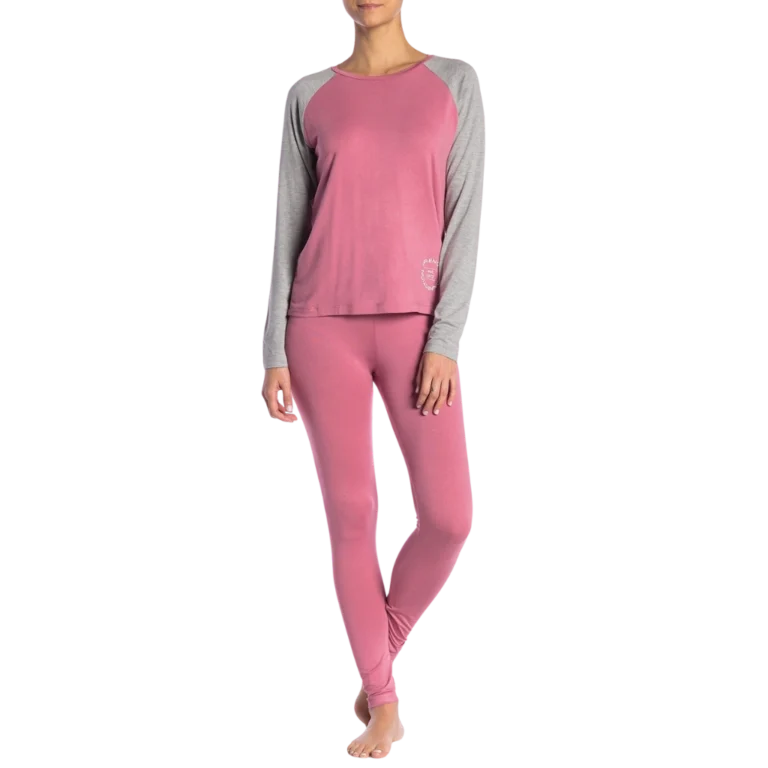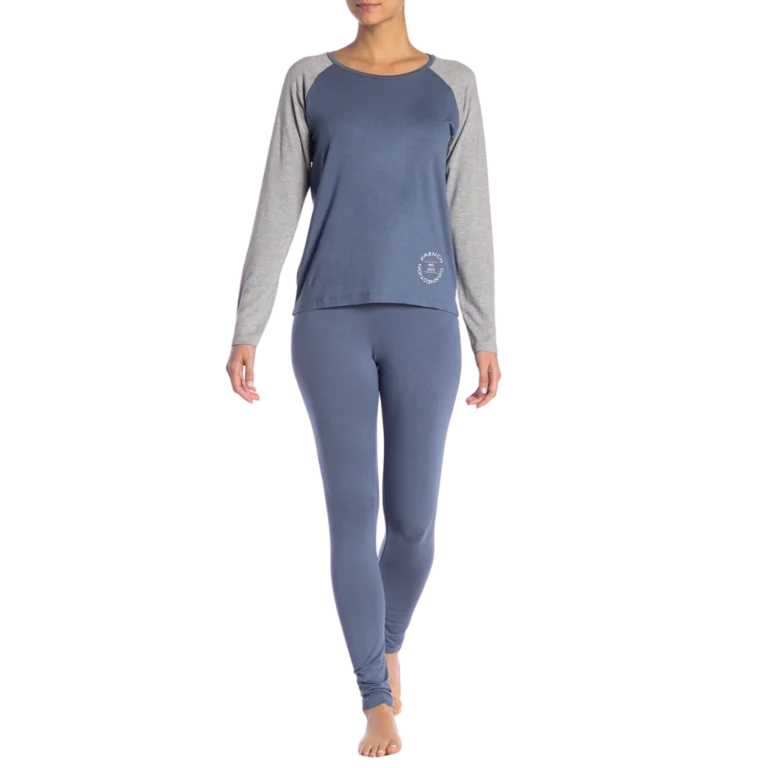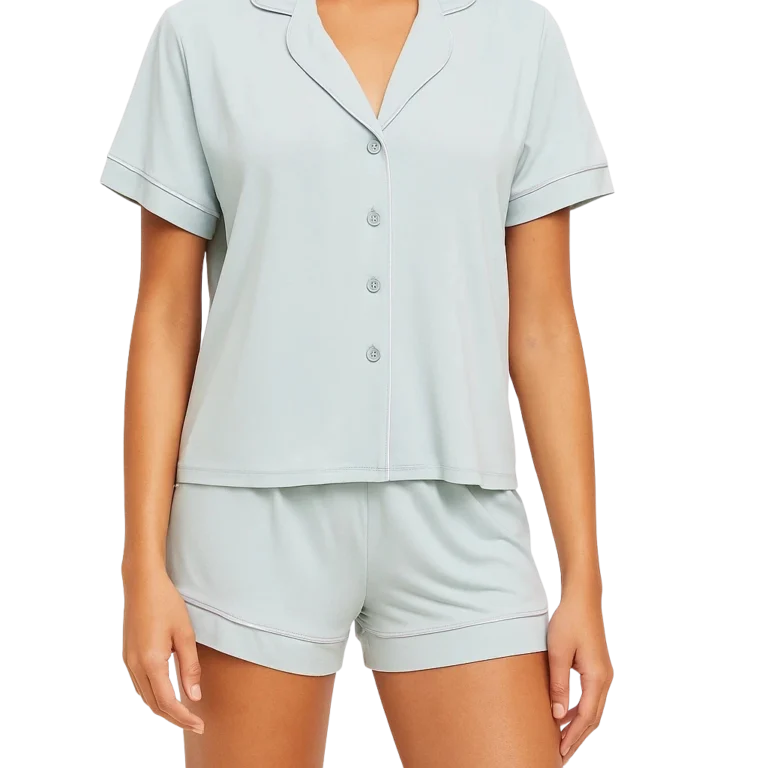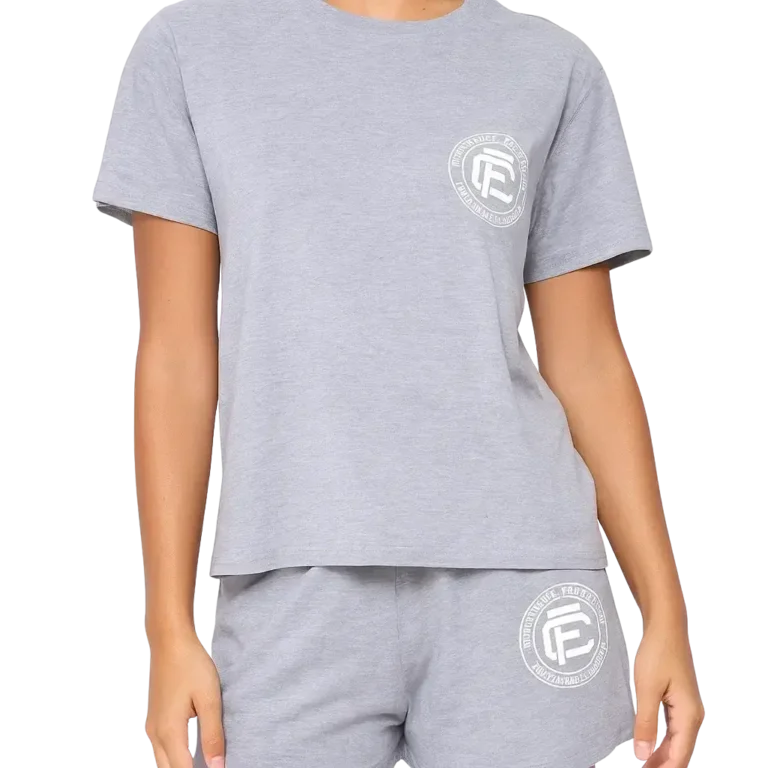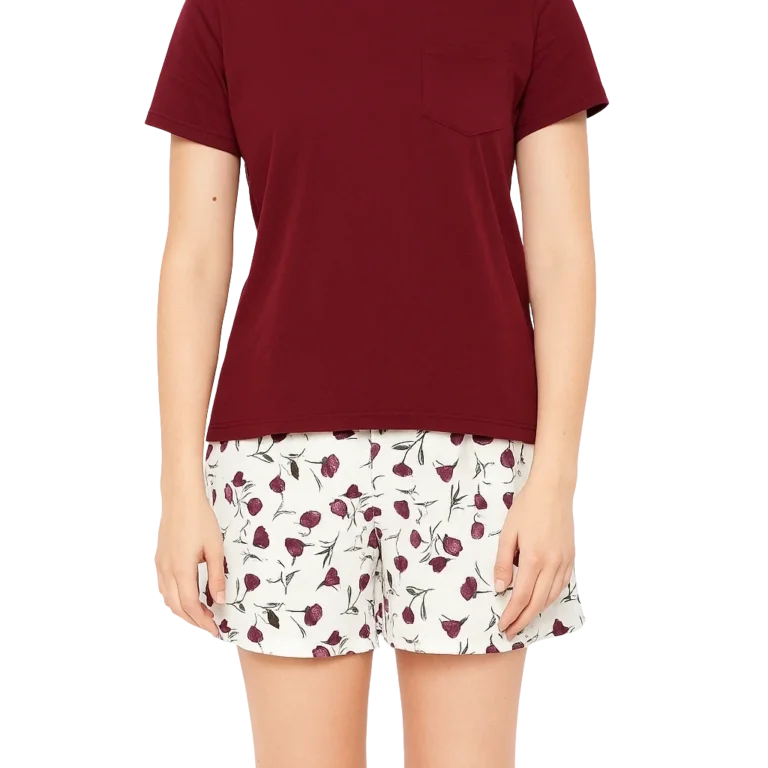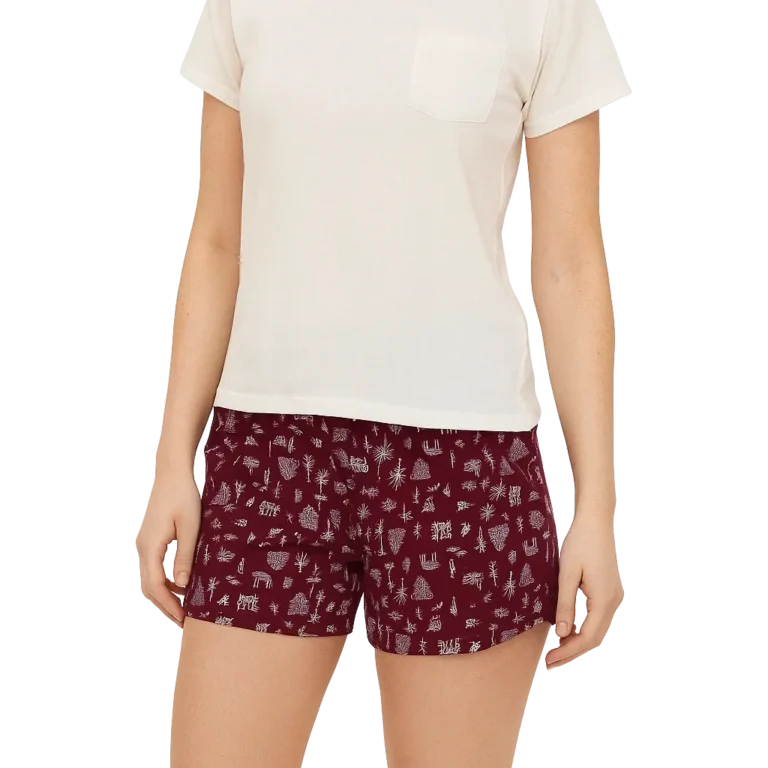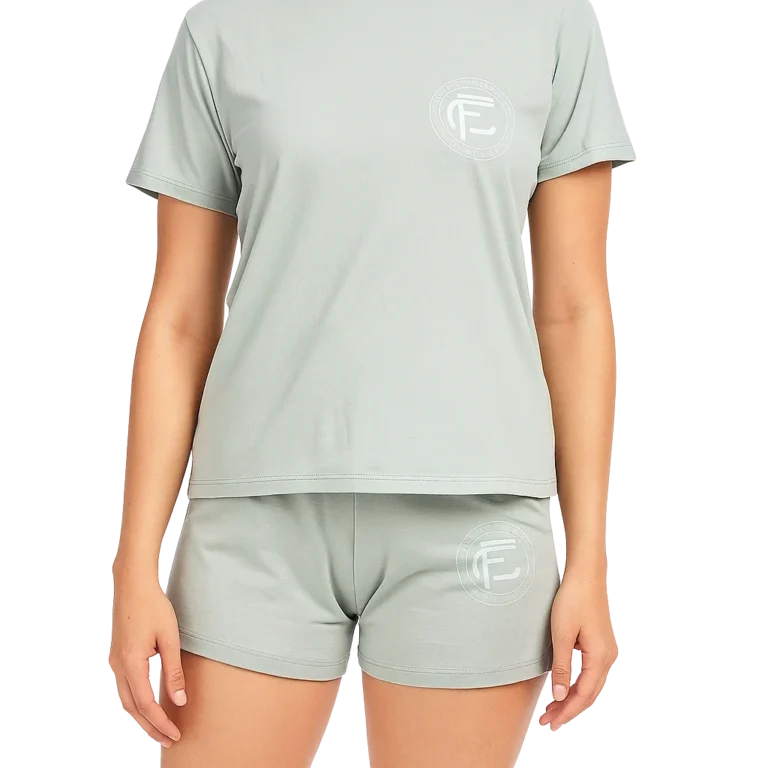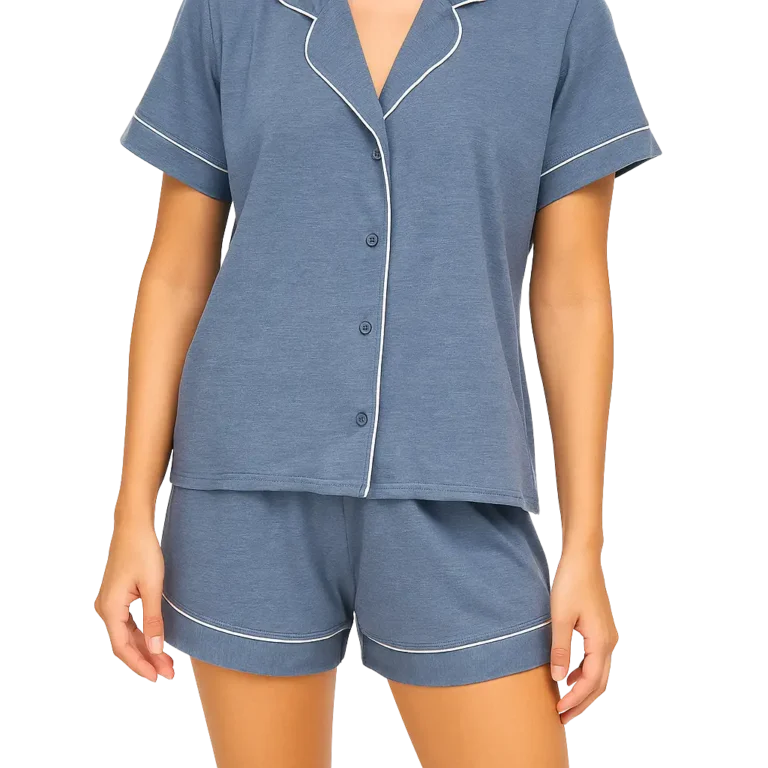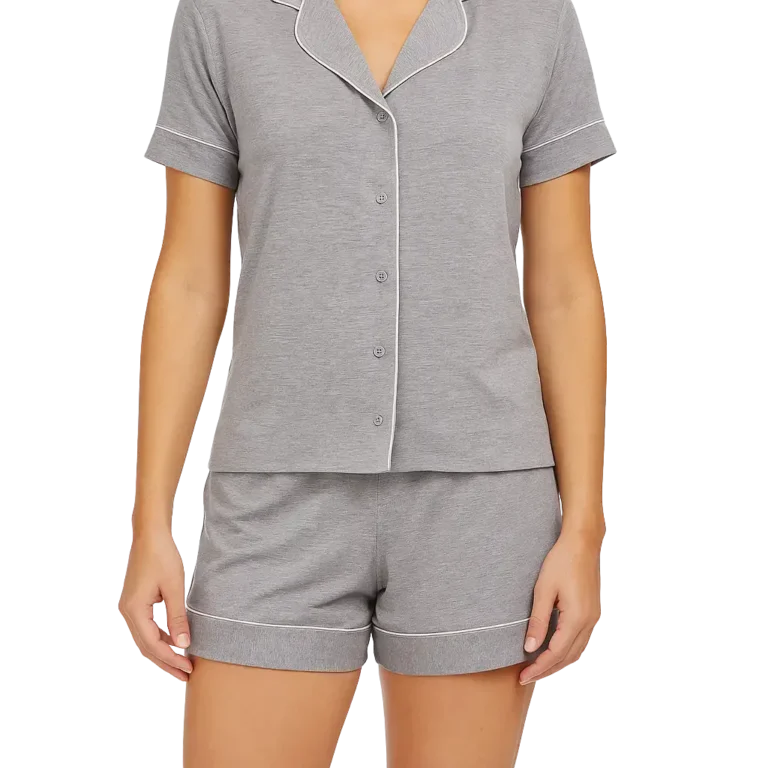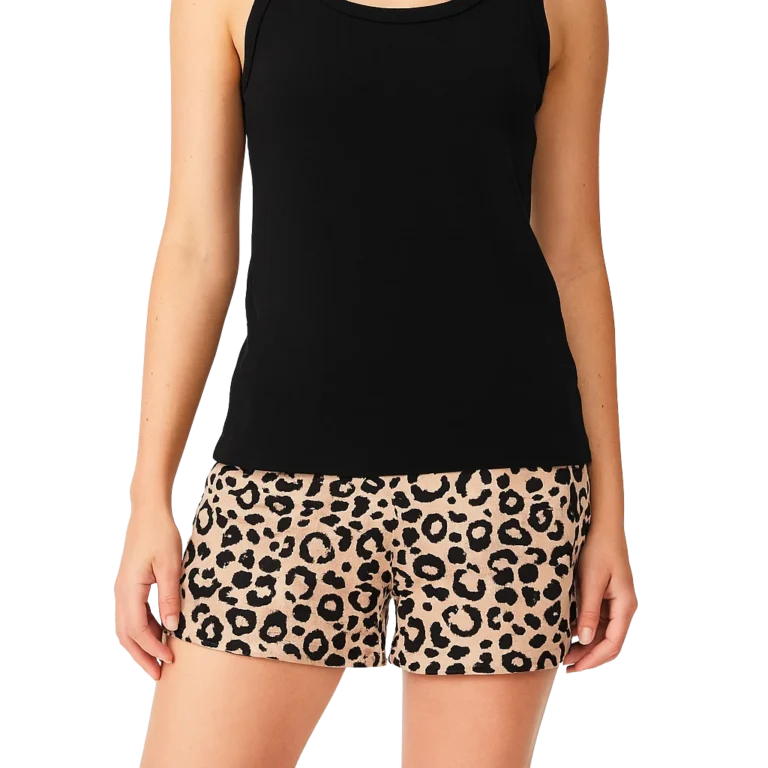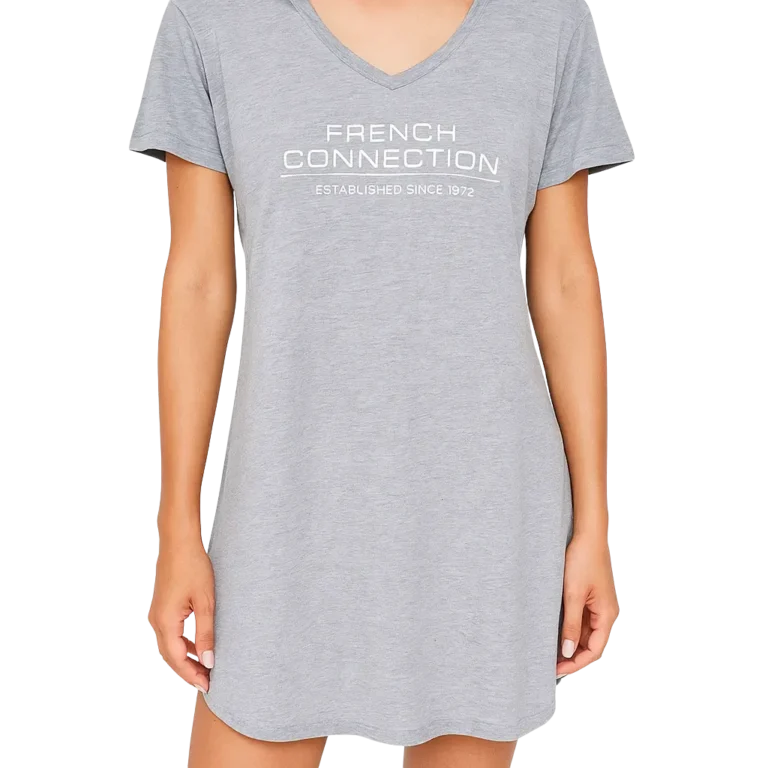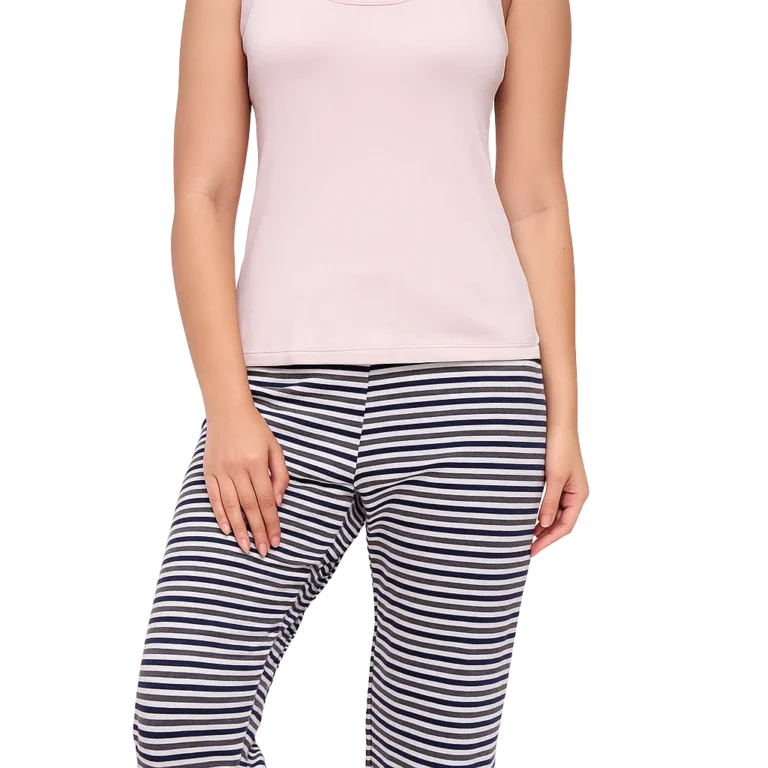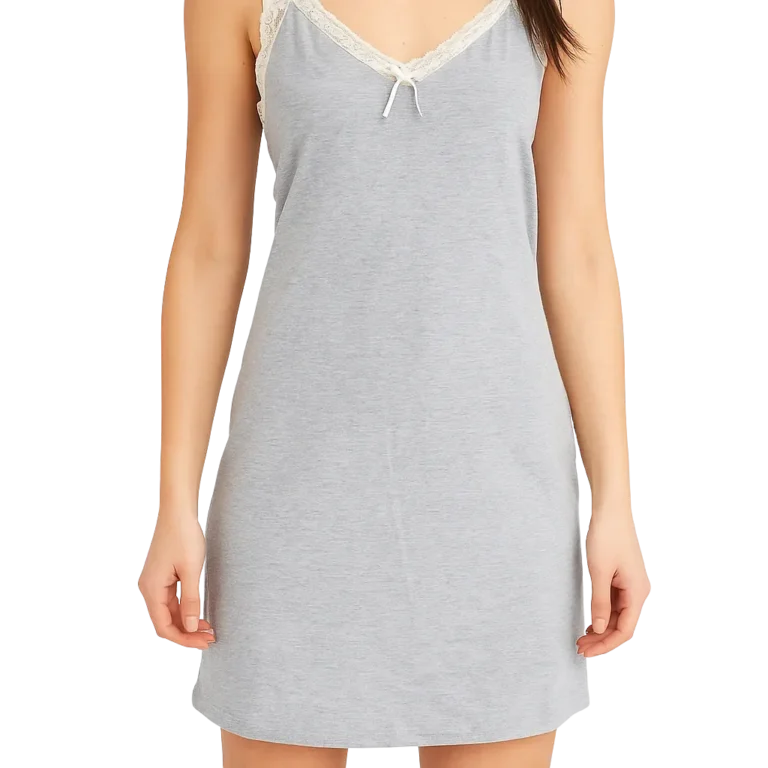Custom T Shirt Manufacturing is no longer just about producing basics in bulk. For US and EU apparel brands, it’s about finding partners who can deliver premium fabrics, low minimums, fast turnaround, and compliance with strict international standards.
India, especially Tiruppur, has emerged as a powerhouse in this space. With its integrated knitwear ecosystem, experienced workforce, and sustainable manufacturing practices, India offers a compelling solution for global brands looking to expand their private label T-shirt lines.
In this guide, we’ll cover:
Why international buyers prefer India for T-shirt manufacturing
The step-by-step process of sourcing custom T-shirts
Fabric & design options tailored for global markets
Compliance and certifications essential for US & EU imports
How low MOQ manufacturing supports startups and niche brands
Key opportunities for fashion businesses
Why Global Brands Trust India for Custom T Shirt Manufacturing
Wide Fabric Range – From single jersey cotton to advanced blends like cotton-modal, bamboo cotton, and organic GOTS-certified yarns, Indian mills supply fabrics that meet US & EU quality expectations.
Export-Ready Units – Factories in Tiruppur and Bangalore have decades of experience working with international buyers. They understand packaging norms, carton markings, barcodes, polybag warnings, and suffocation labels.
Compliance – Global buyers demand WRAP, BSCI, OEKO-TEX, SA8000, Sedex, and GOTS certifications. Many Indian units already hold these.
Flexibility in MOQ – Unlike large-scale factories in other countries, Indian suppliers can accommodate 250–500 pcs/style/color, making them attractive to startups.
Sustainability – With solar-powered factories, water recycling, and certified eco fabrics, India supports the shift to responsible fashion.
Value Pricing – Competitive rates while still offering better fabric durability and finishing compared to cheaper sourcing destinations.
The Custom T Shirt Manufacturing Process
Global buyers often ask: “What does working with an Indian manufacturer actually look like?”
Here’s a structured roadmap:
| Stage | Key Activities | Buyer’s Role | Supplier’s Role |
|---|---|---|---|
| 1. Initial Inquiry | Send requirement | Share tech pack, size chart, logos | Review feasibility & confirm MOQ |
| 2. Fabric Sourcing | Fabric development | Approve GSM & swatches | Source yarn, test for shrinkage, colorfastness |
| 3. Sampling | Proto / Fit Samples | Review, give comments | Develop & ship samples |
| 4. Bulk Production | Cutting, stitching | Approve PP sample | Execute bulk with inline QC |
| 5. Printing & Embellishment | Screen, puff, HD, embroidery | Approve strike-offs | Apply chosen branding |
| 6. Finishing & Packing | Washing, folding, labeling | Approve carton details | Pack export-ready goods |
| 7. Shipment | Export logistics | Finalize INCOTERMS | Arrange FOB, CIF, or DDP shipping |
Stage 1: Initial Inquiry
Key Activities: Send requirement
Buyer’s Role: Share tech pack, size chart, logos
Supplier’s Role: Review feasibility & confirm MOQ
Stage 2: Fabric Sourcing
Key Activities: Fabric development
Buyer’s Role: Approve GSM & swatches
Supplier’s Role: Source yarn, test for shrinkage, colorfastness
Stage 3: Sampling
Key Activities: Proto / Fit Samples
Buyer’s Role: Review, give comments
Supplier’s Role: Develop & ship samples
Stage 4: Bulk Production
Key Activities: Cutting, stitching
Buyer’s Role: Approve PP sample
Supplier’s Role: Execute bulk with inline QC
Stage 5: Printing & Embellishment
Key Activities: Screen, puff, HD, embroidery
Buyer’s Role: Approve strike-offs
Supplier’s Role: Apply chosen branding
Stage 6: Finishing & Packing
Key Activities: Washing, folding, labeling
Buyer’s Role: Approve carton details
Supplier’s Role: Pack export-ready goods
Stage 7: Shipment
Key Activities: Export logistics
Buyer’s Role: Finalize INCOTERMS
Supplier’s Role: Arrange FOB, CIF, or DDP shipping
This transparent workflow helps international buyers monitor each stage – ensuring control over quality, timelines, and brand compliance.
Fabric & Construction Options for US & EU Buyers
Indian T-shirt factories can supply a wide spectrum of fabrics depending on the buyer’s positioning:
100% Combed Cotton Jersey (160–220 GSM) – Perfect for premium basics.
Cotton-Lycra Blends (95/5) – For stretch-fit or athleisure styles.
Organic Cotton (GOTS-certified) – For sustainable brands in the US & EU.
Cotton-Modal & Cotton-Bamboo – For softness and drape (often used in premium loungewear).
Poly-Cotton (65/35) – Cost-effective with durability.
Heavyweight 240–300 GSM – Oversized streetwear fits.
Common Constructions
Single Jersey – Standard everyday tees
Interlock – Softer, heavier, premium finish
Rib Knits – For fitted or stretch tees
Slub & Mélange – Trendy textured effects
Printing, Embellishment & Labeling Options
Global brands differentiate their T-shirt lines with custom branding and surface treatments. Indian units handle:
Screen Printing – Plastisol, water-based, pigment, discharge
Puff & HD Printing – Raised 3D textures
DTF & Digital Prints – For smaller runs and photorealistic designs
Tie-Dye & Pigment Dyes – Trending in US streetwear
Embroidery & Appliqué – For logo-driven labels
Branding Options:
Woven Neck Labels
Wash Care Labels
Hang Tags & Barcode Stickers
Custom Packaging (eco polybags, recycled cartons)
For a complete picture of fabrics, fits, embellishments, and production flow, you can also review our main guide to custom T-shirt manufacturing in India for global brands , written specifically for private label, D2C, and startup apparel programs.
Compliance: Why It Matters for US & EU Imports
Import regulations in the US and Europe are strict. Non-compliant goods can lead to penalties or shipment rejections.
India is a safe sourcing destination because many units already comply with:
CPSIA (Children’s Apparel) – Mandatory for US kidswear
Prop 65 (California) – No harmful chemicals in prints/dyes
OEKO-TEX Standard 100 – Tested for harmful substances
GOTS (Organic) – Full traceability for eco fabrics
BSCI / Sedex – Ethical labor practices
Opportunities for Global Apparel Brands
1. Startups & Emerging Labels
Low MOQ lets startups test collections.
Quick sampling (7–10 days) supports faster launches.
2. Established Retailers
Scale with large-volume runs (10,000+ pcs).
Access to diverse fabric mills ensures reliability.
3. Streetwear & Premium Brands
Oversized fits, heavyweight fabrics, and specialty washes (enzyme, silicon, vintage).
Embellishment expertise for high-value SKUs.
4. Sustainable Brands
Organic cotton, recycled polyester, bamboo blends.
Access to solar-powered & zero-liquid discharge dye houses.
Why Tirupur Leads the Way
Tiruppur is known as the “T-Shirt Capital of India” — producing billions of knitted garments annually for export.
What makes Tiruppur stand out:
Cluster Advantage – All processes (knitting, dyeing, printing, stitching, packing) within a 50 km radius.
Skilled Workforce – Decades of export experience.
Agility – Ability to handle both small capsule drops and large chain orders.
How to Get Started as a Global Buyer
Define Your Tech Pack – Include measurements, fabric type, GSM, prints, and branding.
Request Fabric Swatches & Samples – Check quality before bulk.
Negotiate MOQ & Pricing – Indian suppliers are flexible for the right volumes.
Check Certifications – Ensure factory compliance with global standards.
Finalize Payment & INCOTERMS – FOB, CIF, or DDP depending on preference.
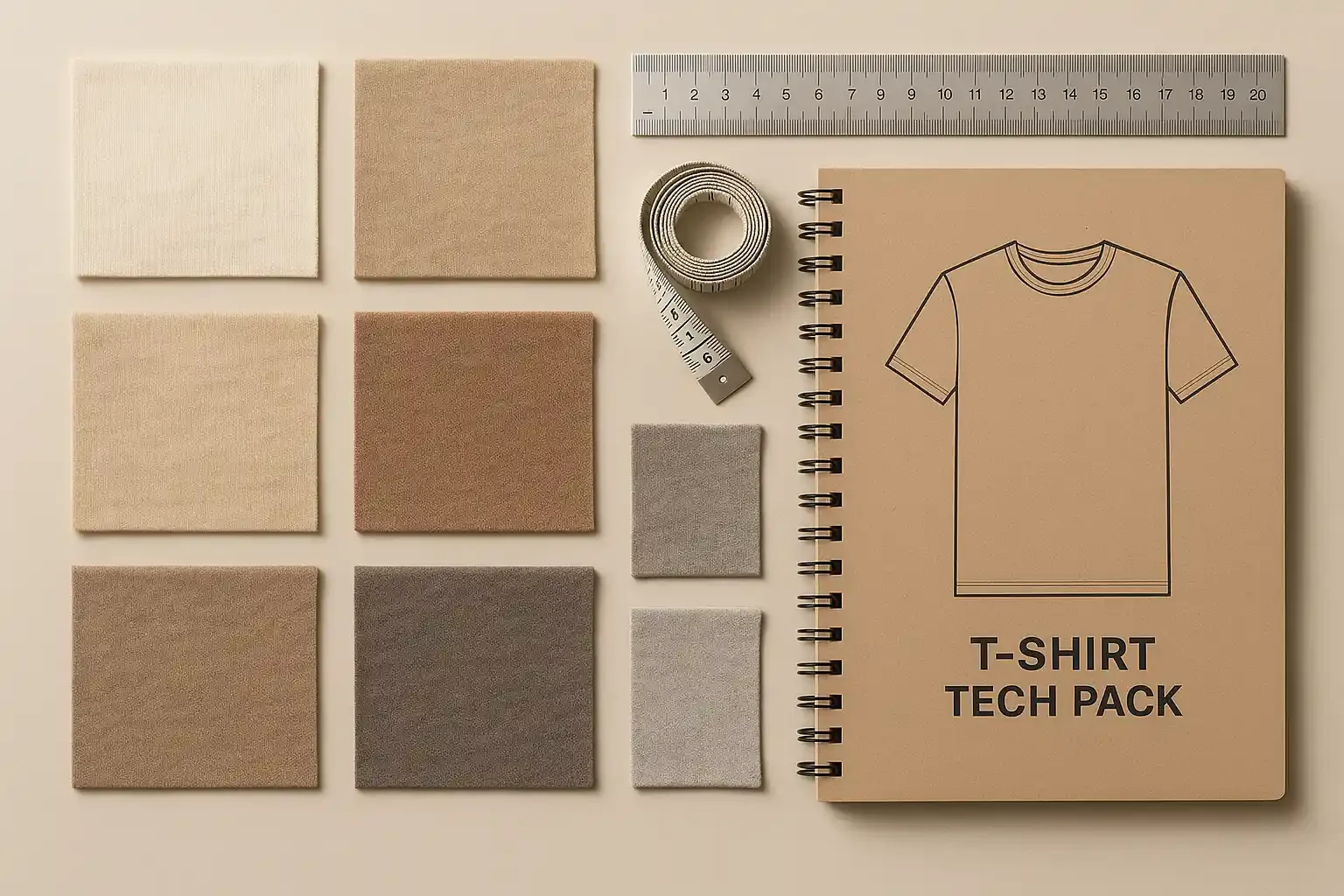
Conclusion
Custom T Shirt Manufacturing in India is a proven pathway for US and EU apparel brands to access quality, compliance, and sustainable production at competitive costs. With low MOQ options, a wide range of fabrics, and decades of export experience, India remains one of the most reliable sourcing hubs in the global fashion supply chain.
For sourcing managers, startups, and established retailers alike – the opportunities in India’s T-shirt manufacturing sector are vast and growing.
👉 At Mirthuni Apparel Sourcing Service, we specialize in connecting international brands with export-ready T-shirt factories in Tiruppur. From fabric development to final shipment, we ensure your brand gets quality, speed, and transparency.
